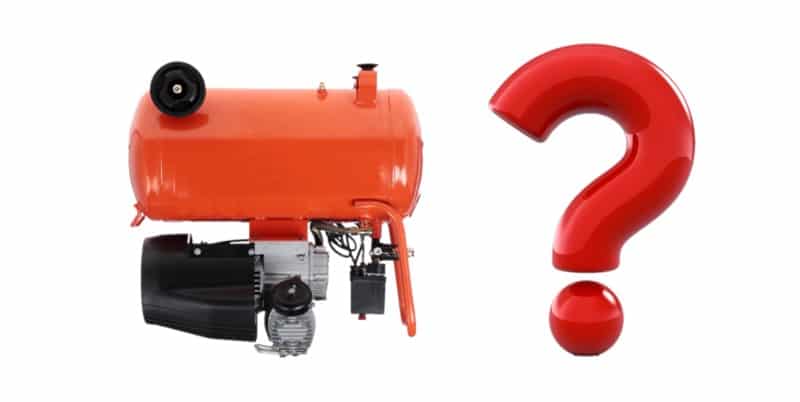
Laying Down Your Air Compressor and Running it Backwards?
It is vital to handle tools and machinery properly. You would not want your equipment to be damaged owing to a bit of negligence. A lot of people seem to be confused about the right way to handle an air compressor. Can an air compressor be laid down? Can it run backward? These are some of the queries that people have.
The thing is there is no specific answer to this. Running air compressors backward causes the oiling of its inner part to be affected. However, what happens if you lay it down depends on the unit. There are certain factors that influence this.
Dealing with a new air compressor
If the air compressor is new, it should not be a problem even if you lay it down. However, if it has been in use for some time, you might have to face certain issues with regards to maintenance if you run it backward or if it is laid down.
The thing is that new air compressors do not have lubricating oil in them. You are needed to add the oil before using it. Thus, the new air compressor would not have been used at all and will, therefore, have no build up in the tank. There is little change for condensates to deposit in any area. As a result, it would not be much of a problem if you run such an air compressor backward or lay it down.
If the air compressor is old
If the air compressor has been in use for some time, gunk will start to build up in the tank. Gunk comprises of dirt particles that bypass through the intake filter and find their way into the tank along with compressed air. Even if you drain the tank regularly, some moisture would inevitably be left behind. This moisture creates sludge when combined with dirt.
Laying down the compressor or running it backward, causing the sludge to move around inside the tank. The tank can then be damaged if the sludge gets to the check valve. You might have to face problems like continuous air leaks, the buildup of back pressure, or similar other issues. If this is not corrected, the check wall will not be able to move and perform its function.
If the backpressure increases, the motor might get overloaded and be damaged or overheat. It can even turn off due to thermal overload. There is also a possibility that your compressor would seize to operate. The sludge can also roll over the tank drain and plug it. Owing to this, air or water will not be able to escape when you try to drain the tank.
Final words
Air compressors are not cheap items. Thus, it is vital that proper care is given to them. Proper functioning requires adequate lubrication, and this lubrication can pave the way for problems if the unit is laid down or run backward. Therefore, it is essential to be cautious in this regard.
